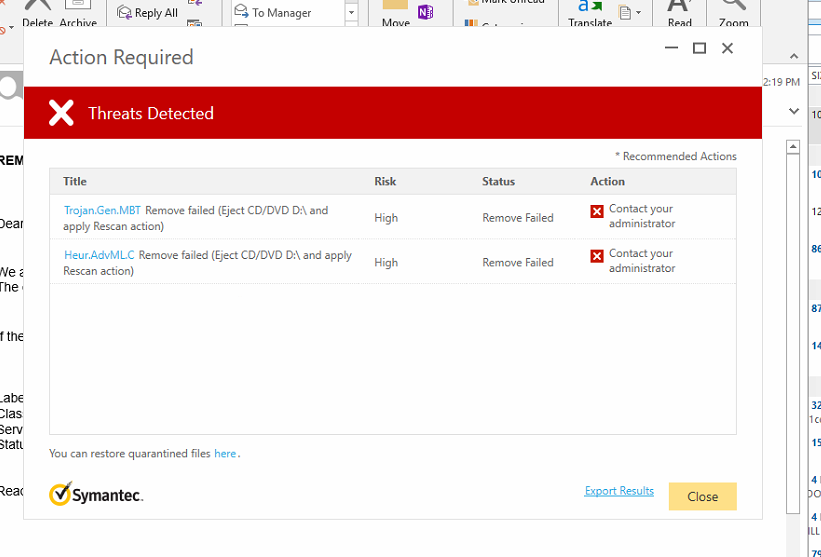

If you are unsure about what type of exception to make please see the chapter on "Exceptions Policy" in the Symantec Endpoint Protection Installation and Administration Guide.

If a "Prefix Variable" is selected, the path specified should be relative to the selected "Prefix Variable" The Folder exceptions screen will accept * and ? but they will be treated as literal characters not wildcard variables.įor File and Folder-based exclusions, the Full Path to the file must be specified, unless a "Prefix Variable" is selected. The ? wildcard is supported for Extension exceptions. Prior to 14.3 RU5 client, Wildcard variables such as * and ? are not supported for Known Risks, File, or Folder exceptions. Rather than adding each file by name, you use wildcards to exclude groups of files and folders from scans. Note: The Exceptions policy supports the wildcards asterisk (*) and question mark (?) anywhere in a file path for Windows clients with 14.3 RU5 and newer client. Select one of the nine options: Application, Application to Monitor, Application Control, Extensions, File, Folder, Known Risks, Trusted Web Domain, Tamper Protection Exception.Move the cursor over Windows Exceptions to open a second drop-down menu. Click the Add button to open a drop-down menu.In the left pane, click Exceptions policy and select Edit the policy under Tasks.This will create and open a new Centralized Exceptions Policy. Under Tasks click Add an Exceptions policy.Note: Security Risk Exceptions are global, and apply to all Scheduled Scans as well as real-time Auto-Protect. Exceptions policies contain exceptions for the following types of scans for Windows-based operating systems:Ĭreate exceptions for antivirus and antispyware scansįollow the instructions below to make the type of exception required.


 0 kommentar(er)
0 kommentar(er)
